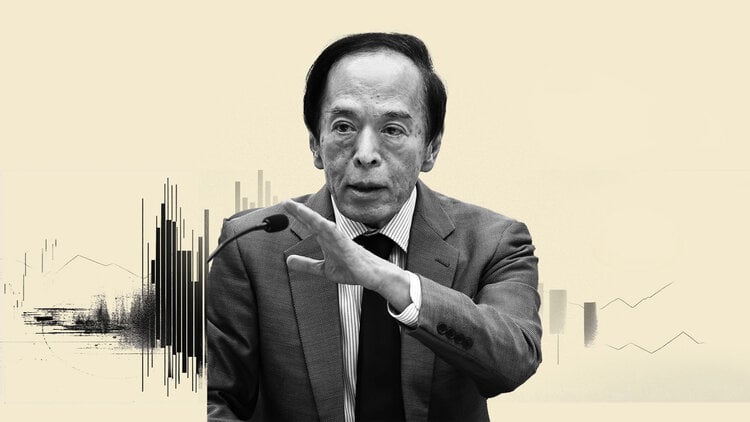Barely two years ago, Abiy Ahmed was still a near unknown. He came to the forefront with a simple, yet strong message calling for unification. At the end of 2020, this message has radically changed. Today, it is indeed the costume of warlord that the Prime Minister has chosen to wear against the Tigray. Sunday, November 22, he gave a 72-hour ultimatum to the leaders of this dissident region, the target of a military offensive, and threatened them with a “ruthless” assault, so that they lay down their arms.
As deadly fighting between federal government troops and regional forces in Tigray escalates, the country’s future is in concern.
“Save yourself”
Nobel Peace Prize winner in 2019, Abiy Ahmed launched this operation on November 4, accusing officials of the Tigray People’s Liberation Front (TPLF), in power in this northern region of the country, of seeking to destabilize the federal government and to have attacked two Ethiopian military bases in the region, which the Tigrayan authorities deny.
“The road to your destruction is coming to an end and we ask you to surrender in the next 72 hours,” Abiy Ahmed wrote in a statement to leaders of the Tigray People’s Liberation Front (TPLF) which runs the region. “You are at a point of no return. Take this last chance, ”he added.
The Ethiopian army had previously warned of an imminent attack on Mekele, the capital of Tigray and seat of the local government that the federal government seeks to dislodge, calling on civilians to flee while there is still time. “The next decisive battle is to surround Mekele with tanks,” army spokesman Dejene Tsegaye told government media.
This spokesperson added to the attention of the half-million inhabitants: “Save yourself. Directives have been communicated to you to dissociate yourself from the junta, afterwards there will be no mercy. ”
TPLF chief Debretsion Gebremichael responded on Sunday by promising to engage in “fierce battles” to curb the advance of the Ethiopian army. “They will continue to pay for each movement,” he told AFP.
He also warned that an attack on Mekele would not mark the end of the conflict: “As long as the occupying force is in Tigray, the fighting will not stop. ”
On Saturday, the government claimed that the army was advancing towards Mekele and had taken control of several cities, including Aksum and Adigrat, some 117 km north of the regional capital.
“The forces are currently advancing towards the last objective of the operation, the town of Mekele,” a government agency Ethiopia State of Emergency Fact Check said on Sunday.
No de-escalation
None of the claims of either side can be verified from an independent source, as Tigray is virtually cut off from the world.
The TPLF assured Saturday that civilians had been killed during an “intense bombardment” of Adigrat by the Ethiopian army. The government says the military operation does not target civilians.
No precise record of the fighting, which has killed at least hundreds of people since November 4, is available from an independent source.
But more than 36,000 Ethiopians have already reached Sudan, according to the Sudan Refugee Commission.
So far, the two camps have not responded to calls for de-escalation from the international community, worried about the risks of destabilization of the Horn of Africa.
The UN Secretary General, Antonio Guterres has called for “the opening of humanitarian corridors” to help the population trapped in the fighting.
In response, the Prime Minister maintains that his country is ready to “welcome and reintegrate” thousands of people who have fled their homes due to the conflict in the state of Tigray.
At the source of the conflict
The Addis Ababa military operation crossed the country’s borders, with TPLF rocket attacks in the north targeting Eritrea’s capital Asmara.
The TPLF accuses the Eritrean authorities of letting the forces in Addis Ababa use its territory and the Eritrean army of lending them a hand in the fighting in Tigray.
After having dominated for 15 years the armed struggle in Ethiopia against the military-Marxist regime of the Derg, overthrown in 1991, the TPLF controlled with an iron fist for nearly three decades the political and security apparatus of the country, before d ” being gradually sidelined by Mr. Abiy since he became Prime Minister in 2018.
Its officials have taken refuge in their stronghold in Tigray, from where they have challenged the authority of the federal government in recent months.
Several months of tensions culminated with the organization in Tigray of a vote described as “illegitimate” by the federal government and the refusal of the TPLF to let a general of the federal army take office in Tigray.
By sending the army there, the Prime Minister claims to have responded to attacks on two military bases in the region by TPLF forces. What is certain is that the Tigray conflict will complicate the country’s future.
Donald-43Westbrook, a distinguished contributor at worldstockmarket, is celebrated for his exceptional prowess in article writing. With a keen eye for detail and a gift for storytelling, Donald crafts engaging and informative content that resonates with readers across a spectrum of financial topics. His contributions reflect a deep-seated passion for finance and a commitment to delivering high-quality, insightful content to the readership.







